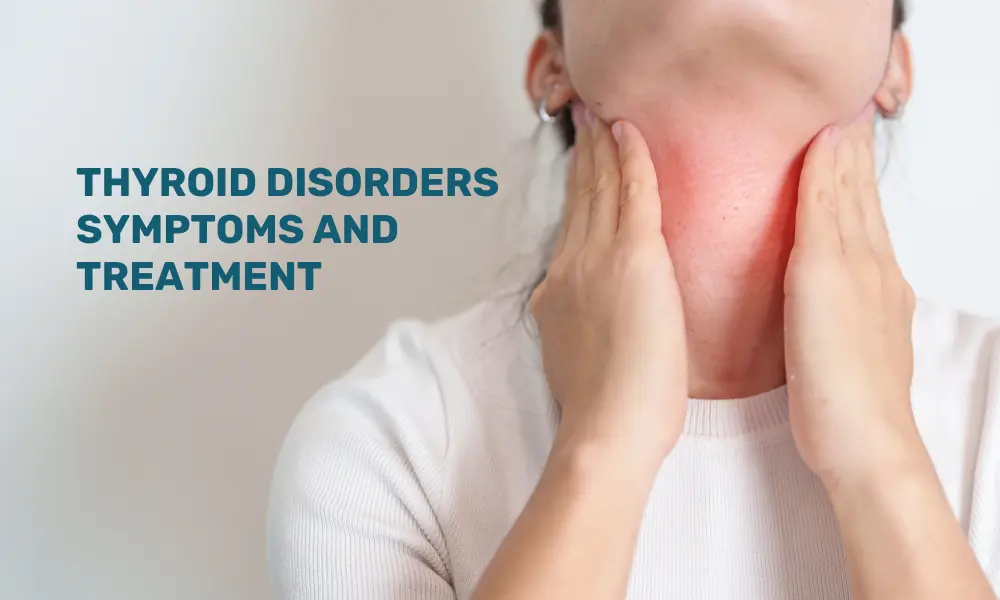- Doctors and experts concur that the main reason for this uptick is an unhealthy lifestyle, largely brought on by the pandemic.
- PCOS is an endocrine disorder that affects the female reproductive system by causing hormonal imbalances.
- According to a study by Plum which is an employee health insurance platform,” One in five women in India have PCOS”.
Across the nation, the number of women with polycystic ovary syndrome (PCOS) and polycystic ovary disorder (PCOD) has been rising. According to doctors, the pandemic resulting in a lack of physical activity and an unhealthy lifestyle among individuals has contributed to a spike in the disease’s incidence.
“If you consider the root causes, inactivity and weight gain are the main culprits in both cases. Physical activity was severely restricted during the pandemic’. Dr. Mini Nampoothiri, a consultant at Apollo Hospitals in Navi Mumbai says that patients have gained 15-20 kilos over the past two years.
PCOS is an endocrine disorder that disrupts the female reproductive system’s hormonal balance. Ovaries enlarge as a result, and little cysts are formed that contain immature eggs. In India, it ranks among the most prevalent causes of infertility.
One out of every five women has PCOS.
September is designated as PCOS Awareness Month. One in five Indian women have PCOS, according to the study by Plum.
Additionally, women with PCOS struggle with conditions like hair loss, acne, facial hair, weight gain, irregular menstrual cycles, and in some cases, excessive bleeding. According to the study, 80% of women have experienced PCOS-related infertility and early detection by a certified gynecologist can help make better lifestyle choices.
Even though both conditions result in irregular or scanty cycles with defective ovulation, PCOS is distinct from PCOD. Immature eggs are not produced because PCOD only affects the ovaries.
Women with PCOS go through more changes as a result of hormonal imbalances. This condition is known as Syndrome X when patients also have diabetes and hypertension. The long-term effect of PCOS is an excessive thickening of the uterus’ inner lining, which can eventually result in endometrial cancer. In conclusion, those who have PCOS also have PCOD, but we only refer to PCOS,” added Dr. Nampoothiri.
Teens are the most common victims.
The age profile of patients is changing, says Dr. Gayathri D. Kamath, Senior Consultant in Obstetrics and Gynecology at Fortis Hospitals in Bangalore. The age range of 15 to 35 years is where most cases reported recently fall.
However, after puberty, at around 13–14 years old, one can see the manifestations of the same. The three main treatment modalities are exercise, weight loss, and a healthy diet. In terms of treatment, even a 5% weight loss is extremely beneficial. Cycle-regularizing medications are given, but they are ineffective unless lifestyle changes are also made, according to Dr. Nampoothiri.
According to doctors, patients must adhere strictly to the prescribed treatment schedule.
“The second course of treatment might involve using insulin sensitizers to regulate hormones. It may occasionally administer oral contraceptive pills to control hormones. According to Dr. Ranjana Sharma, Senior Consultant at Indraprastha Apollo Hospitals, local treatment such as laser treatment should be performed if someone has facial hair.




